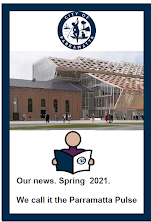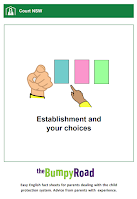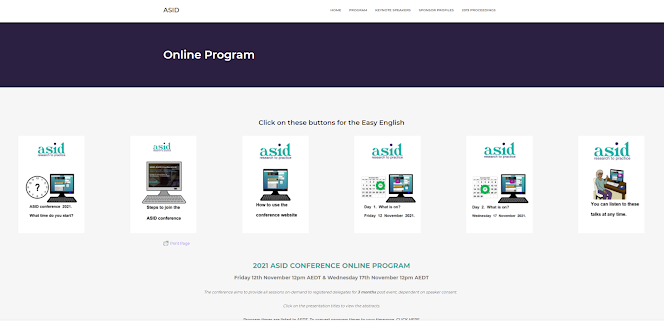Where is it?
There is so much written content being
created for the Disability Royal Commission.
When we are doing many of our
consumer reviews of Easy English on other topics, the many people we engage
with with low literacy do not know about the Royal Commission.
How is this possible?
Look around you. Look at where content
is published? Look at how it is being conveyed to the wide number of people with disabilities. People with disabilities have a wide range of different
abilities.
Content is on their website and social media (I see some of
their posts on Twitter) . What other
social media do you see the Royal Commission on? There is nothing on their website about their
social media presence. Very occasionally we hear about the Disability Royal Commission on some news
services. Very very occasionally there are guests on interactive news and
current affairs shows, like The Drum where it is
discussed.
Where is the written content and information for people who
prefer simple and clear written information?
How do you find it?
Is it fit for purpose?
Does it cover everything you need to know, that people with highly skilled
literacy can read about?
I wrote a submission on their Draft Accessibility
Strategy in August 2019. I did get a response, but nothing was changed because of the issues I raised. It is also not listed on the public list of documents. I can send you a copy, if you email me.
Last year, I wrote a second submission, this time on Emergency responses (Bush-fires) and COVID19 responses. In it I highlighted the huge issues for people with low literacy, and what our service provided pro-bono as no government service was doing this work. In late August 2020, we had over 120 separate pieces of information in fact sheets and posters on our website about COVID19 in Easy English. About 20 fact sheets and posters are still available here.
Once again this submission has not been put on the public list of submissions. It has been handed to another department of the Royal Commission as a general submission. I can email you a copy of this also.
The Royal Commission are developing Easy Read. As with much of my investigations on the differences between Easy English and Easy Read, the Disability Royal Commission Easy Read is very complex and difficult to understand, even for people with good literacy. Read these 2 blogs from 2020 about the differences.
Firstly can you find the Easy Read on the website? They are never printed and distributed. This assumes high levels of digital inclusion and digital literacy to be able to access and locate them. Even if you go to the document library, you can not tick a box for Easy Read.
 |
| Print screen of your choice of document type. |
Here is the Issues paper in
Easy Read on
Violence and abuse at home.Firstly, imagine you are a non reader. Do you have any idea what this book/paper/report is about? First impression are important.
Will you bother picking it up?
In comparison, here is the Easy English version on the
As a non reader, do you have any idea what this book/paper/report may be about from the front cover? Will you consider opening it?
This has been developed in Easy English, which includes every day words of the intended reader, images that connect for that audience, clear and logical layout. It has also been consumer reviewed by a female identifying person with low literacy who has experience of group homes.
It would be great if the Disability Royal Commission actually commissioned the simplest type of written content for people to read.
We welcome conversation about how to make this possible.
Then more people with low literacy may be able to participate. the Disability Royal Commission will hear about more and different types of abuse, such as many people still do not know the Royal commission is currently running.








